For Autistic People, Rules Are Set in Stone

Do you ever wonder why the autistic person in your life seems to be so obstinate about practicing the exact same social rule over and over again, regardless of the situation, circumstance, time of day, company, mood of the room, etc.?
That’s because we’re not being obstinate.
“Obstinance” would imply purposeful intent to stick to a habit despite the feelings, objections, or explanations of others.
What’s happening is that once an autistic person learns a rule, any rule, it is now seared into our brains like a brand. It is written in stone. It is immutable, unchanging, everlasting, and only follows one direction for the rest of its life.
– Jaime A. Heidel
The problem is, neurotypical people and their rules aren’t anything like that. They are not black and white, all or nothing, literal, unchanging people. They are the exact opposite.
So, when the come across an ND person for the first time, our behavior might look like stubbornness, but it’s definitely not. It’s just how our brains work.
All I know is that, for me, once I learn and understand a social “rule”, it is permanent. I’ve had to learn over and over and over again the really hard way that this is not how neurotypical people see things.
Their social rules change based on the people they are with, the relationship they have with them, social hierarchy (of which autistics know nothing until it is taught to us), the mood everyone is in, the weather, even.
For us, it’s madness. For neurotypicals, it’s a Tuesday.
I think that once an autistic person (finally) learns a complex social rule, one, we are really excited. We’re really happy to finally have “gotten in right”.
Two, in order to keep things in our brains that don’t deeply interest us, we have to put them into practice regularly, so we keep it up in an attempt to gain mastery.
Three, we see social guidelines as life preservers that help us stay afloat in the proverbial social storm that is life, so we REALLY don’t want to let go of them or learn something new or some other way this social rule can be interpreted because, one, it’s exhausting, and two, if we haven’t mastered a skill yet, it may not stick with us, and the “new” way of doing the social rule will then become the fixed and absolute rule, and we won’t be able to vary from that.
Now, I have learned after many years of DBT (dialectical behavior therapy) and life experience that social expectations change depending on many variables, but I don’t even come close to getting it right all the time. I’m probably at about a 50/50 average.
So, if you are the parent of an autistic child, teaching by scaffolding (the technique I mentioned in a previous post) is great, but after mastery is achieved, nuance and variables have to be taught, as well.
I’m kind of on the fence about telling others they should teach their autistic children all the nuances of social behavior, only because I feel like autistic adults are geared towards other pursuits that could be of great benefit to humanity, and if they are using every single ounce of their energy and strength to maintain a social mask, they may not grow into their full potential and have a nervous breakdown at some point for their efforts.
– Jaime A. Heidel
But, if you are going to teach social rules as a parent, I think it’s very important to explain to your child that this is what’s considered polite and decent and all that, so they don’t accidentally offend people left and right (and thereby have the doors to opportunity slammed in their faces), but that this isn’t who they ARE, it’s just what they DO.
Like I’ve said before, a mask doesn’t cover some emotionless robot underneath. Most of us feel every emotion an NT person does (and maybe even more so), but some of us express it so differently that guidance on how to make our thoughts and feelings accessible to a wider community could be very helpful…as long as we don’t lose ourselves in the process.
The best way to improve communication with your autistic loved one is to understand how your autistic loved one’s mind works! Intentions, motivations, and personal expressions (facial expressions or lack thereof, body language, etc.), are often quite different in autistic people than they are in neurotypical people.
Experience a better understanding of your autistic loved one by reading books about life from an autistic perspective as well as stories that feature autistic characters. You’ll have so many “Ah ha!” moments and start seeing your autistic loved one in a different light (and you’ll have a better understanding of their behaviors, which you may have been misinterpreting up until now).
Books I recommend for a better understanding of your autistic loved one:
Follow me on Instagram.
Want downloadable, PDF-format copies of these blog posts to print and use with your loved ones or small class? Click here to become a Patreon supporter!

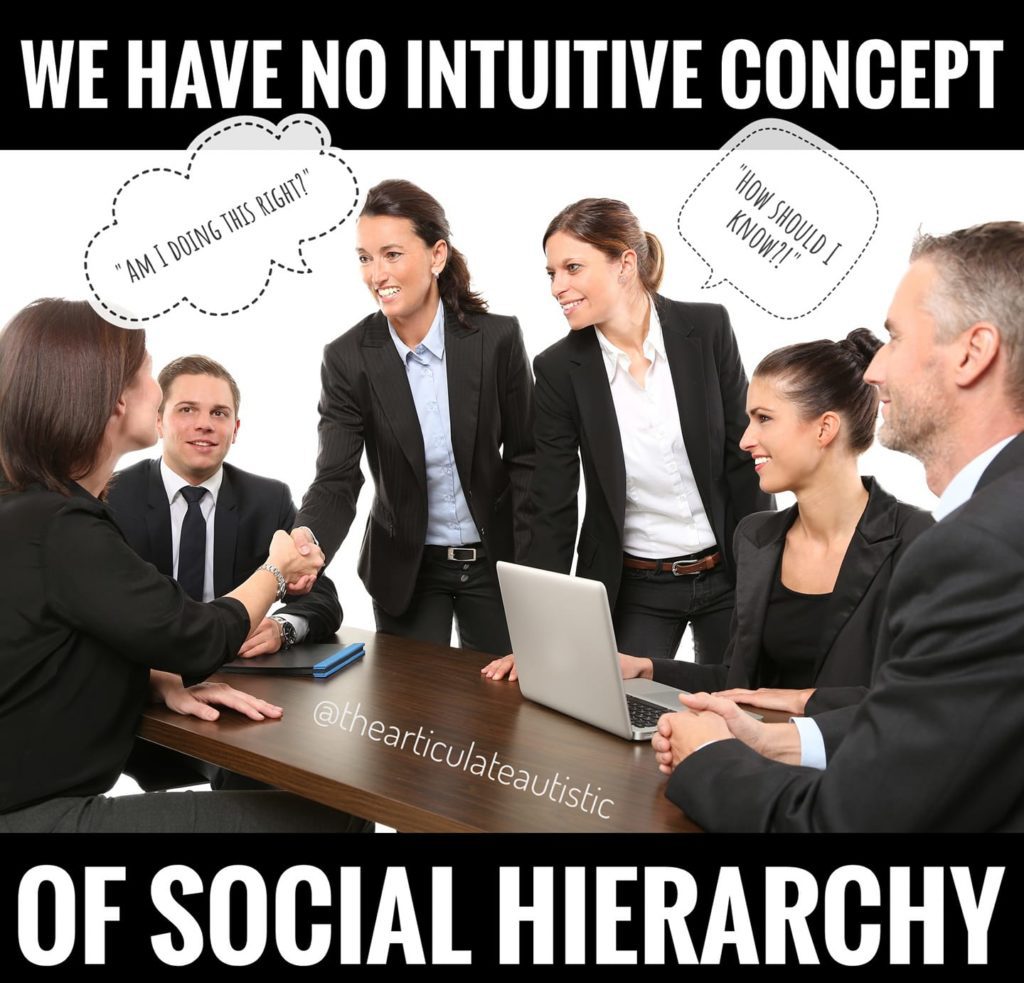
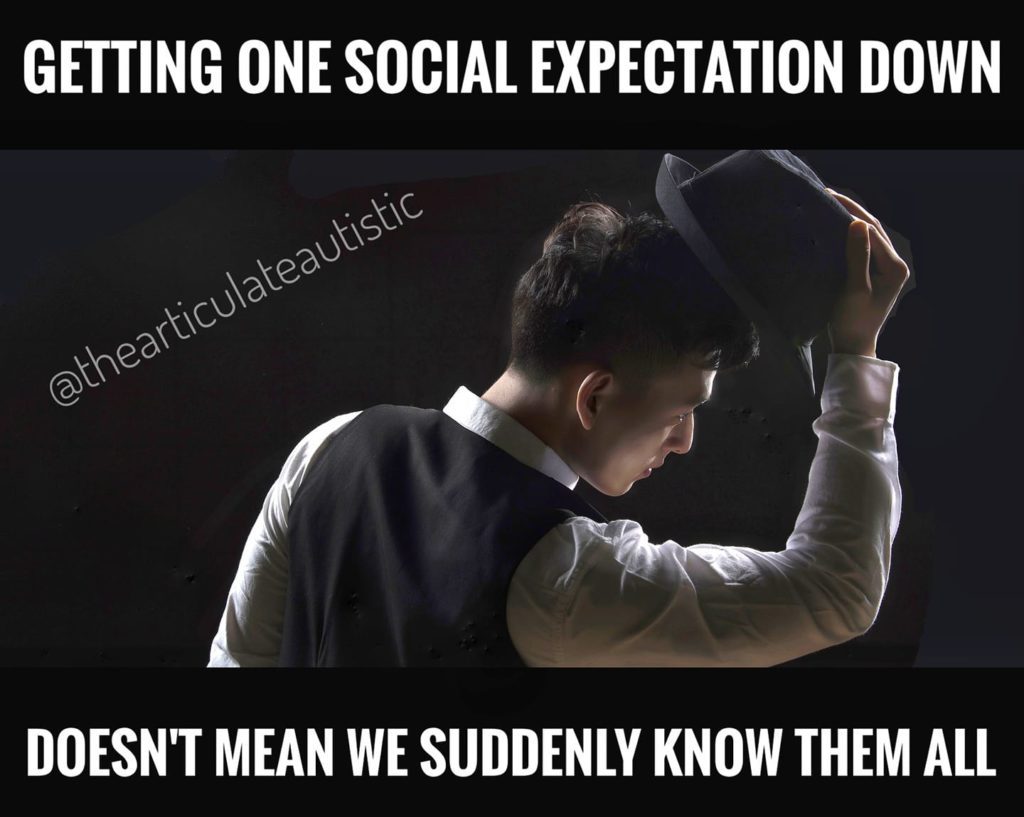
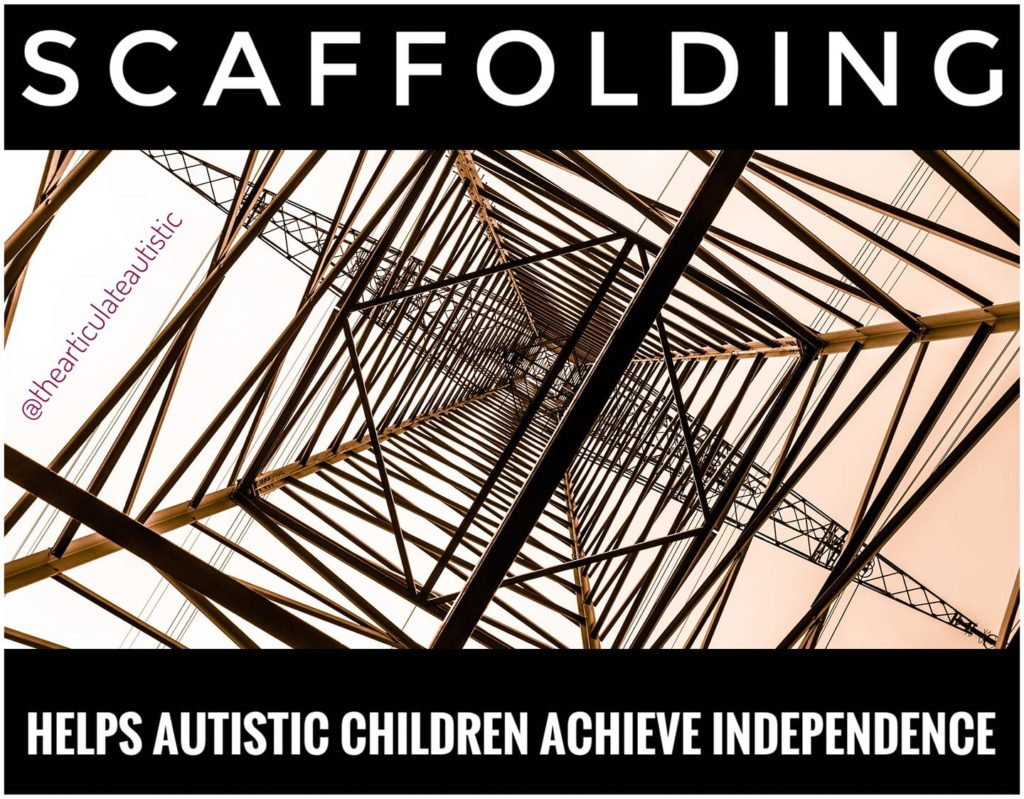
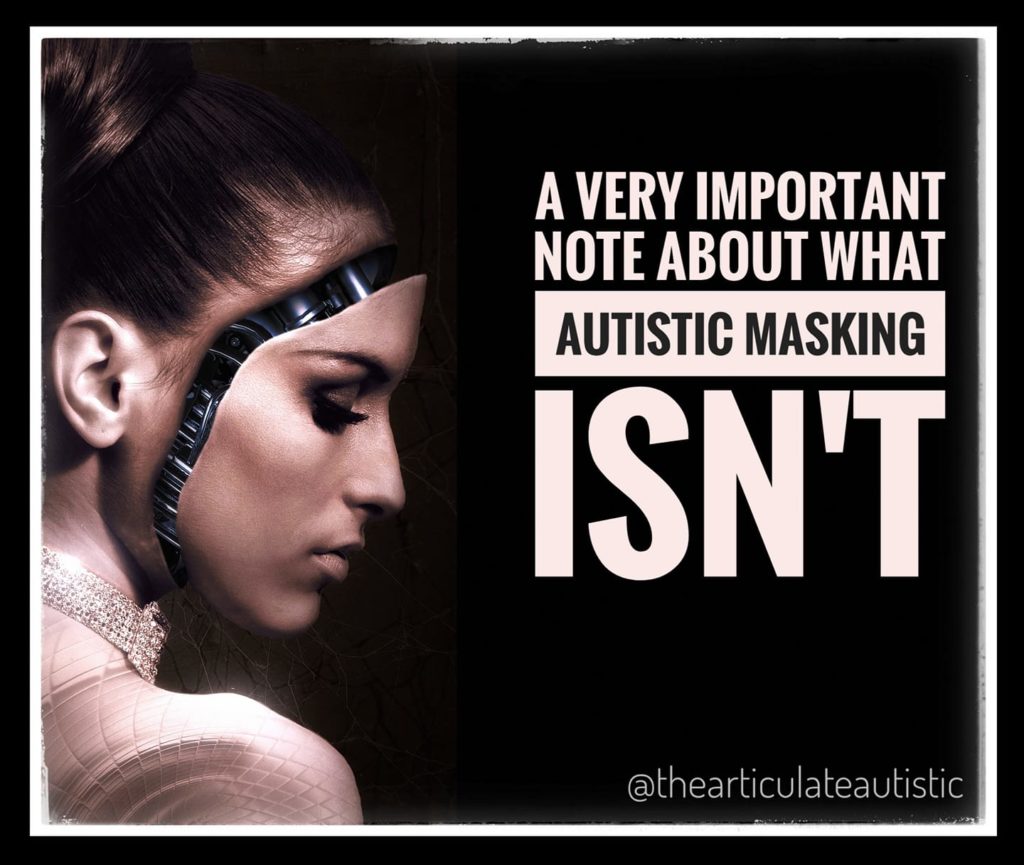


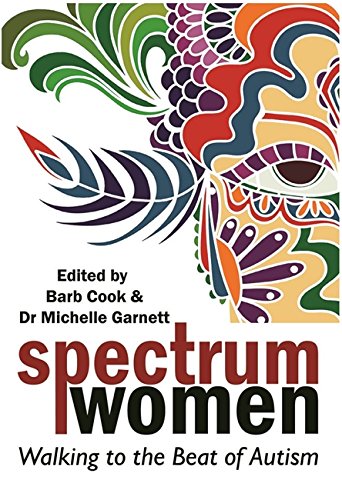











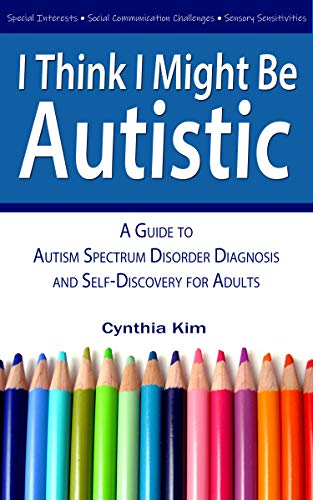
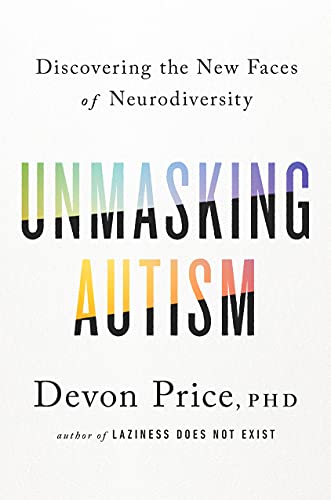
5 Responses
[…] doesn’t make sense, doesn’t add up, doesn’t fit into what our brains know as “rules”. Opinions, ideas, thoughts, feelings, and even superstitions can all become concrete FACTS in our […]
[…] many of us are also quite rule-bound and passionate about social […]
[…] we are quite rule-bound. Once we learn a rule (and its reasoning—that’s very important), whether social, moral, or […]
[…] it comes to autistic people, rules can be difficult. On the one hand, once we learn a rule, it’s often set in stone for us, and even the idea of adapting a rule based on different circumstances or situations doesn’t even […]
[…] are rule-bound people. Once we learn a social rule or any other type of rule, it’s the way it is. There’s no […]